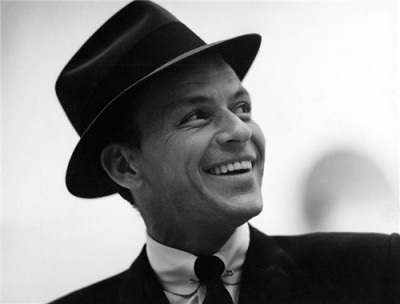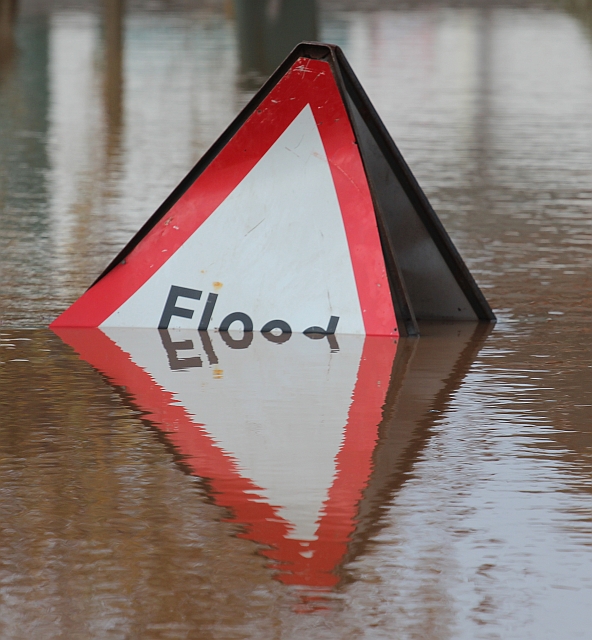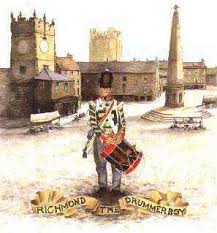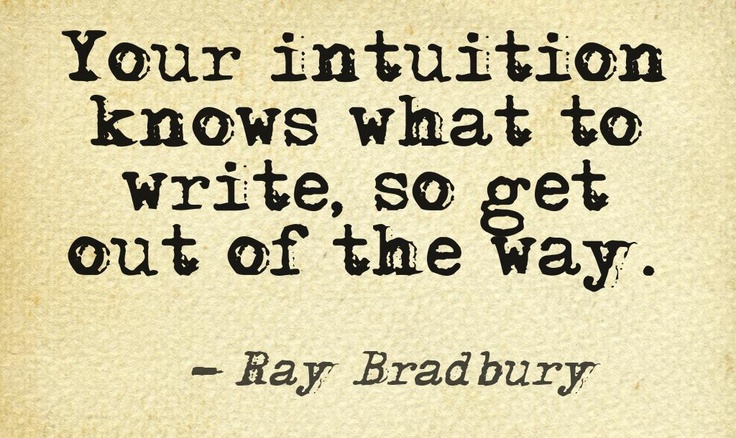 Most people would agree that Frank Sinatra had a wonderful voice. Think of ‘Strangers in the Night ‘ with its lush romance or ‘New York, New York!’ – so full of life. He was stylish and popular for at least five decades. But would you want him as a friend? Or could you see him as a hero?
Most people would agree that Frank Sinatra had a wonderful voice. Think of ‘Strangers in the Night ‘ with its lush romance or ‘New York, New York!’ – so full of life. He was stylish and popular for at least five decades. But would you want him as a friend? Or could you see him as a hero?
Possibly not, if the stories about his involvement with the Mafia are true. But you wouldn’t dismiss his musicianship because of some dodgy views, would you?
That brings me to writers. Many of us would say what we write reflects who we are. It’s hard to argue with that. Yet, as a reader, how does it affect my respect for an author if their opinions are repugnant?
“I was in the schooling system for 20 years off and on between 1968 and 1992 and never saw any ‘support staff’. They seem to have been a recent invention.
Teachers managed without them for 120 years or more. In times of austerity they are a luxury and teachers can manage without them again.”
Terry Deary on Teaching Assistants
His ‘Horrible History’ books have encouraged the enjoyment of the past in so many children – but his off-the-cuff remarks on this and other subjects irritate a fair few. Does this make me less likely to recommend his work? Possibly – but I’m not sure it should.

Guardian blaming owners of grouse moors for flooding the lower classes is the best chippy classs-war bollocks I`ve heard -even from them.
How about this? I love much of Susan Hill’s work – I have done a complete structural analysis of ‘The Woman in Black’ , always re-read ‘Lanterns across the Snow’ each Christmas and frequently cook her Red Cabbage dish. I admire her enormously – but find myself at variance with her opinions. And that’s fine. As a forthright Yorkshire woman, I expect she can cope with debate.
I would not want anyone automatically censored for their views. I would not boycott ‘Ender’s Game’ despite Orson Scott Card’s views on homosexuality. I think argument and discussion are the key.
Nonetheless, there is a fly in my liberal ointment. How do I reconcile someone vile who also creates something worthwhile?

My immediate example is William Mayne. I was entranced by Earthfasts – based in the legend of the Drummer Boy of Richmond – and I still have a soft spot for his Hob books. Yet this man used his credentials as a children’s author to further his paedophilia. His books were rightly withdrawn whilst he was alive.
Now I would argue they should be revisited.
This is where the concept of the Muse comes in for me. She chooses whom she wishes to create through. Her channels are not of our choosing. It’s a pleasure when a favourite author is a lovely human being too – but they don’t have to be. Their books are not them distilled.
This gives me hope – that however muddled my thinking and however self-deluded I may be, good work can come via me.


Really interesting. Once i got published I got many oppportunities to meet favourite authors. But sometimes the human behind the words doesn’t match. It affects my own enjoyment of the story. These days I don’t actively seek authors out anymore. It gets in the way of my reading pleasure.
I was with you until you got to the muse. The muse is a metaphor, so can’t be held responsible for choosing or creating. That’s a cop out! I do think we need to separate people as creators and their views, at least until the point where what they say/do becomes illegal. We have all done regrettable and reprehensible things, and if we hadn’t done we would not have had enough emotional experience to be very good writers. Which is not to say we should excuse seriously bad things, like paedophilia, but I agree that once someone is no longer going to benefit from success (like Mayne) there is no reason not to enjoy their work. We are all complex people, a mix of good and bad things. To take a more recent example, many people enjoyed the work of Rolf Harris and that enjoyment was genuine – see how they howled when he was accused, not at the deeds but at their notion of him being tarnished. It’s very complicated, and deserves to be analysed. Bad people sometimes say good or insightful things and can create good (or enjoyable) art. It’s a bit childish to run away from the complexity and the contradiction.
Excellent post!
I think where you draw the line on problematic artists is down to the individual. I would probably boycott the Ender’s Game film because of OSC’s homophobia, but that’s because I consider it a deeply oppressive and harmful view and LGBT+ rights is a very important cause to me. I might not boycott him if I were already into his work, I don’t know. I might be less likely to boycott someone if they were against a cause I cared less about, and friends might refuse to follow their work.
Above all, I think it’s important to be willing to talk about it and willing to call people out and accept that just because someone’s art is close to perfect, they are far from it.
I like your idea that we are all conduits for the Muse. That makes sense.
sorry, meant to say “just because someone’s at is close to perfect, doesn’t mean they are”
I don’t know. I think it’s up to the individual to respond; like you I loved ‘Earthfasts’, but I now find it difficult to enjoy in the same innocent way – tainted by what I know William Mayne did. You can’t unknow what you know.
very thoughtful post, on which I’m thinking- I’m wondering about this in a different way,,,whether friends who know me well will view me differently when they’ve read More of Me. Which is undoubtedly weird with a capital W. We shall see.
We will just love you more, Kathy!
Pingback: Ten-Minute Blog Break – 12th January | Words & Pictures